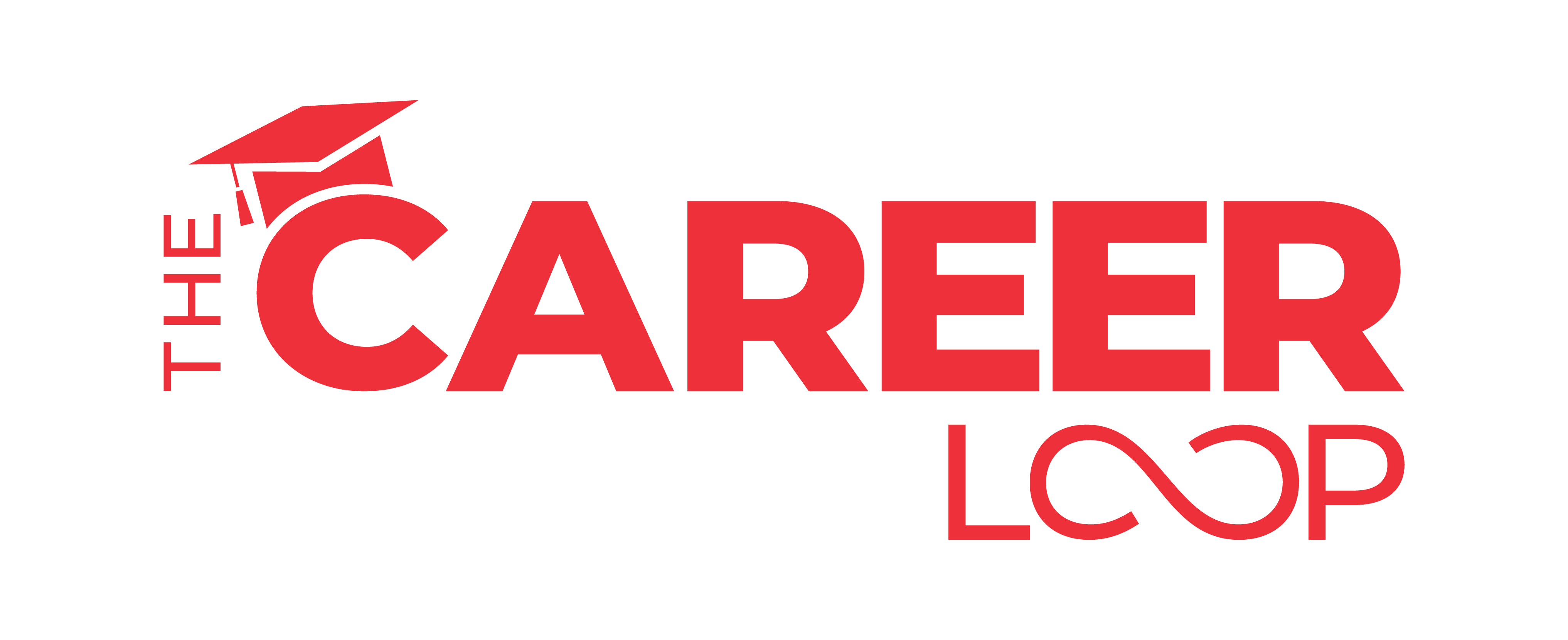When it comes to landing a job, most people focus on technical skills, experience, and qualifications. But there is one skill that can make or break your chances of success: communication. You could be writing a cover letter, sitting in an interview, or networking with potential employers, and your ability to communicate effectively plays a pivotal role in how you are perceived and whether you secure the job.
Communication is not just about speaking clearly or using the right words. It is about connecting with others, expressing your ideas with confidence, and listening actively. For job seekers, mastering this skill can open doors and set you apart from the competition.
Why Communication Matters for Job Seekers
Communication is at the heart of every interaction during the job search process. From the moment you submit your application to the final handshake in an interview, employers are evaluating how well you can convey your thoughts and engage with others. Communication is critical:
- First Impressions Count : Your ability to communicate effectively determines how you come across in initial interactions. A well-written résumé and cover letter demonstrate clarity and professionalism, while a confident introduction during an interview shows that you can present yourself effectively.
- Reflection On Your Professionalism: Employers want to hire people who can represent their company well. Clear and professional communication signals that you will be able to collaborate with colleagues, handle clients, and navigate workplace challenges with ease.
- Builds Relationships: Networking is a vital part of job hunting, and strong communication skills help you build meaningful connections with industry professionals. Regardless of if it is a casual conversation at a networking event or a follow-up email to a recruiter, how you communicate shapes the impression you leave behind.
- Demonstrates Emotional Intelligence: Communication is not just about what you say but also how you say it. Employers value candidates who can listen actively, respond thoughtfully, and adapt their tone to different situations. These are all signs of strong emotional intelligence.
Types of Communication Skills Job Seekers Need
Effective communication encompasses several key areas that job seekers should focus on developing:
- Verbal Communication: This includes how you speak during interviews, phone calls, or networking events. Your tone of voice, choice of words, and ability to articulate ideas clearly all contribute to verbal communication success.
- Nonverbal Communication: Body language plays a significant role in how your message is received. Maintaining eye contact, using open gestures, and sitting with good posture can convey confidence and enthusiasm without saying a word.
- Written Communication: From crafting résumés and cover letters to writing follow-up emails, written communication is often your first chance to make an impression on an employer. Clarity, grammar, and tone matter here more than ever.
- Active Listening: Communication is a two-way street. Listening attentively during interviews or networking conversations shows respect and helps you respond more effectively to questions or comments.
How to Improve Communication Skills
Good News! Communication skills can be developed with practice and effort.
- Practice Interviewing: Mock interviews are an excellent way to refine your verbal communication skills. Practice answering common interview questions with a friend or mentor who can provide constructive feedback on your tone, clarity, and delivery.
- Refine Your Writing: Take time to craft well-organized résumés and cover letters tailored to each job application.
- Work on Body Language: Stand in front of a mirror or record yourself speaking to observe your body language during conversations or presentations. Pay attention to things like fidgeting or slouching that might send the wrong message.
- Join Public Speaking Groups: This will provide opportunities to practice public speaking in a supportive environment while receiving feedback from peers.
- Focus on Active Listening: During conversations or interviews, make an effort to truly listen rather than thinking about what you will say next. Repeat key points back to show understanding and engagement.
- Ask for Feedback: Reach out to trusted friends or colleagues for honest feedback about how you communicate in different settings.
Communication Skills During the Job Search
Communication also plays a part during the job search process. Use your skills for:
- Networking Events: Introduce yourself confidently by sharing who you are and what kind of opportunities you are seeking in a concise but engaging way.
- Cover Letters: Use this space to tell your story, explaining why you are interested in the role and how your background aligns with the company’s needs.
- Interviews: Answer questions clearly while weaving in examples that highlight your experience and skills.
- Follow-Up Emails: After an interview or networking event, send thoughtful thank-you notes that reinforce your interest in the opportunity.
Improve Your Communication Skills
If improving your communication skills feels overwhelming, take a step-by-step approach by focusing on one area at a time. Small, consistent improvements will build your confidence and create a lasting impact on your professional success.
- Practice introducing yourself confidently when meeting new people.
- Write out responses to common interview questions so they feel natural when spoken aloud.
- Observe great communicators around you, and analyze what makes them effective. Pay attention to their tone, body language, and ability to engage and inspire others.
Build Confidence Through Communication
Strong communication skills build confidence that carries over into every aspect of your career journey. When you know how to express yourself clearly and connect with others meaningfully, you will feel more prepared for challenges and opportunities that lie ahead. By investing time into improving this essential skill, you can make it part of your job search strategy. This will help you stand out from other candidates and also set yourself up for long-term success in any professional setting.
Take action today by practicing just one new communication skill. You’ll be surprised at how even small improvements can boost your confidence and make a big difference in your results!

















